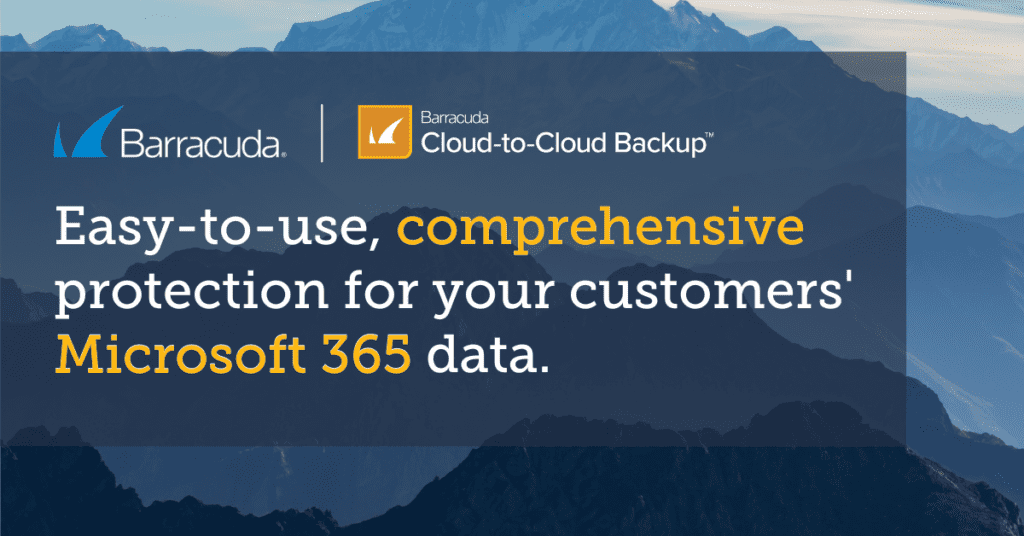 A survey of 962 IT decision makers conducted by CDW suggests organizations rely on a mix of internal and external expertise to manage cloud services.
A survey of 962 IT decision makers conducted by CDW suggests organizations rely on a mix of internal and external expertise to manage cloud services.
88 percent said they can effectively manage their cloud environments, with 50 percent noting they do so “very effectively.” More than two-thirds (68 percent) said cloud management platforms are a key factor in achieving that goal, with 64 percent citing they have cloud management skills in-house, compared to 58 percent relying on cloud management services from a third party.
Clearly, some respondents are relying on both internal and external expertise. Less clear is to what degree that third-party expertise is being provided by cloud service providers versus an independent consultancy or managed service provider (MSP).
Demand for cloud expertise remains steady
Regardless of where cloud expertise is found, the survey makes it clear the need for it is increasing. There are a few key issues hindering cloud management the survey finds. These include lack of a governance or cloud strategy (63 percent), followed by a lack of cloud skills (61 percent).
Overall, more than three-quarters of respondents (68 percent) said they plan to move at least one-quarter of their remaining on-premises applications to the public cloud over the next three years.
Well over a third (36 percent) work for organizations that have moved one-quarter to one-half of their applications to the cloud. Roughly 35 percent report having moved between one-half and three-quarters. Only 11 percent have moved more than three-quarters of their applications, and 19 percent of respondents work for organizations that have moved less than one-quarter of their applications to the public cloud.
Businesses reap the benefits of cloud technology
Nearly three-quarters of respondents (74 percent) said the cloud’s benefits have lived up to their expectations. About 38 percent said the benefits have been what they expected while 35 percent reporting the benefits have surpassed expectations.
Regardless of that apparent level of satisfaction, more than two-thirds (68 percent) said that because of security concerns, they have repatriated workloads from a cloud provider to an on-premises IT environment. Nevertheless, 48 percent cited improved security as one of the business benefits, they have received from the public cloud.
Other benefits include greater reliability and recovery capabilities (57 percent), greater access to data and applications for remote users (55 percent), and increased agility and efficiency (51 percent).
Obviously, the decision to deploy workloads in a public cloud varies by use case. Some applications might have evolved, making them less expensive to now run in an on-premises IT environment. In other cases, regulatory requirements might make it impossible to deploy them in the public cloud.
Despite those concerns, 32 percent said their organization spends $50,000 to $99,999 per month on cloud services. Nearly 30 percent spend $100,000 to $499,999 and only 5 percent spend $500,000 or more. Approximately 86 percent said they are confident in their ability to track the costs of their public and private cloud systems, with 47 percent saying they are very confident. And yet, 35 percent of respondents identified lack of visibility as a hindrance to their cloud management efforts.
Finally, 68 percent of respondents said their organizations are using artificial intelligence (AI). Among those, 53 percent of them are running AI workloads in a hybrid cloud environment.
It’s clear that all options are being considered when it comes to deploying and managing application workloads in the cloud. The challenge MSPs face is making sure they remain as the preferred option by organizations.
Photo: NeoLeo / Shutterstock

